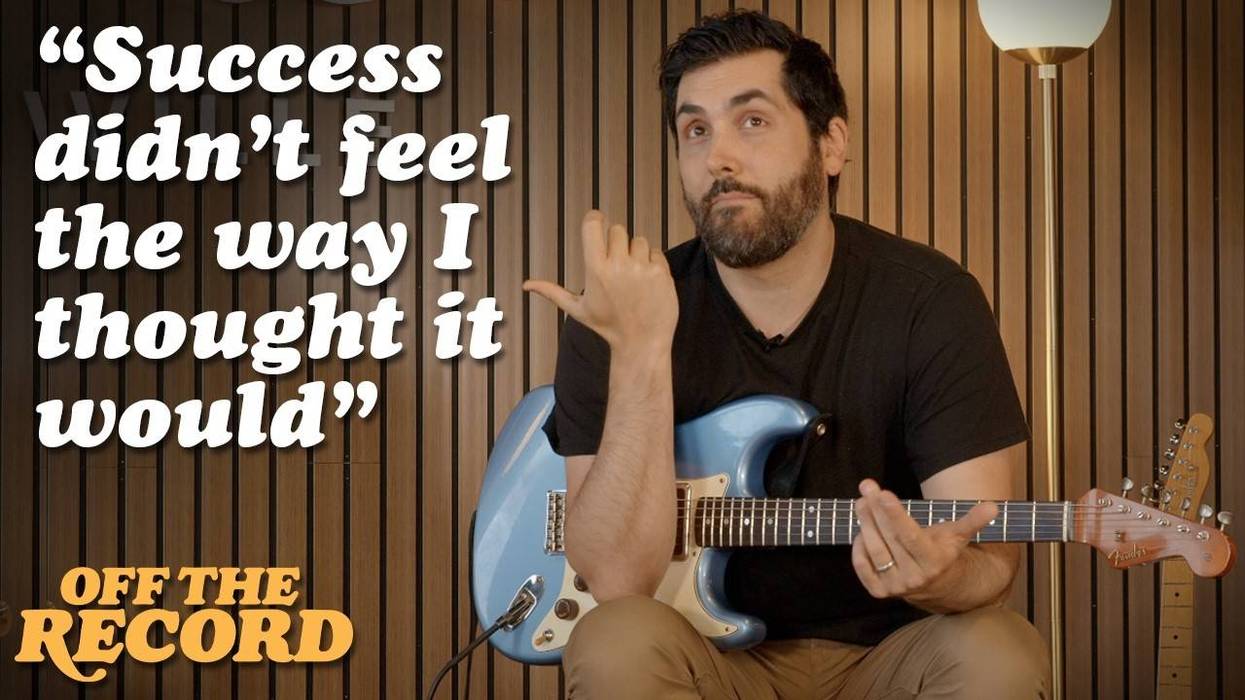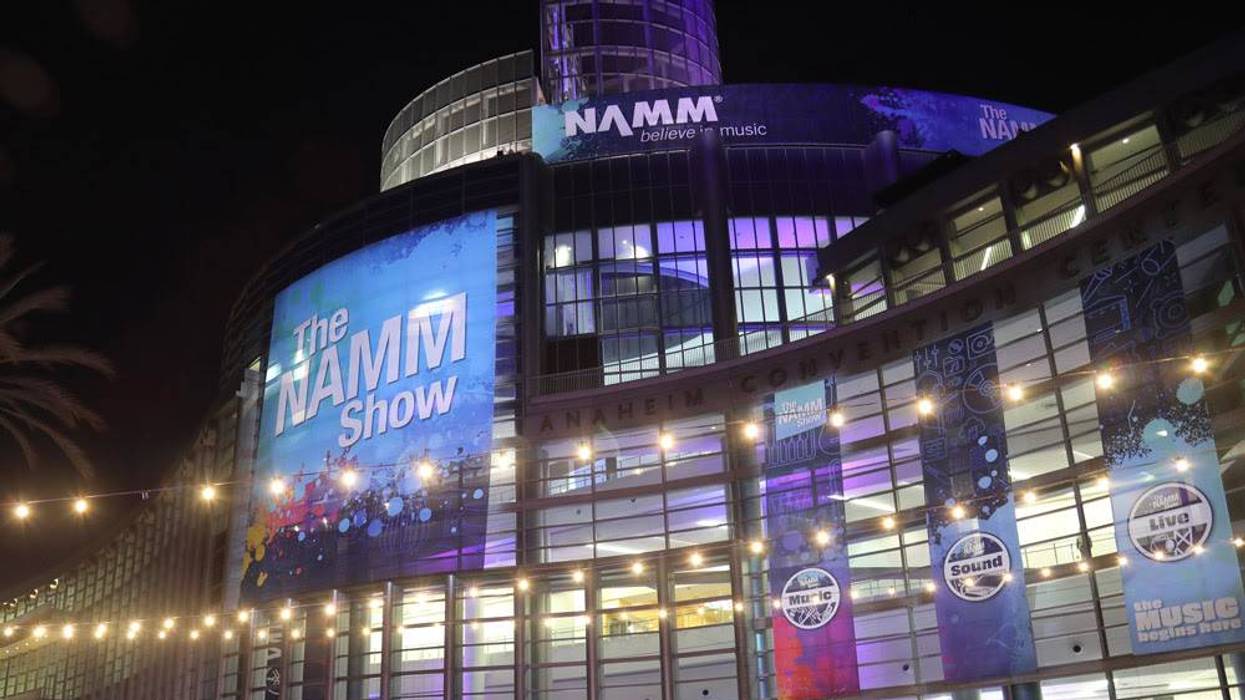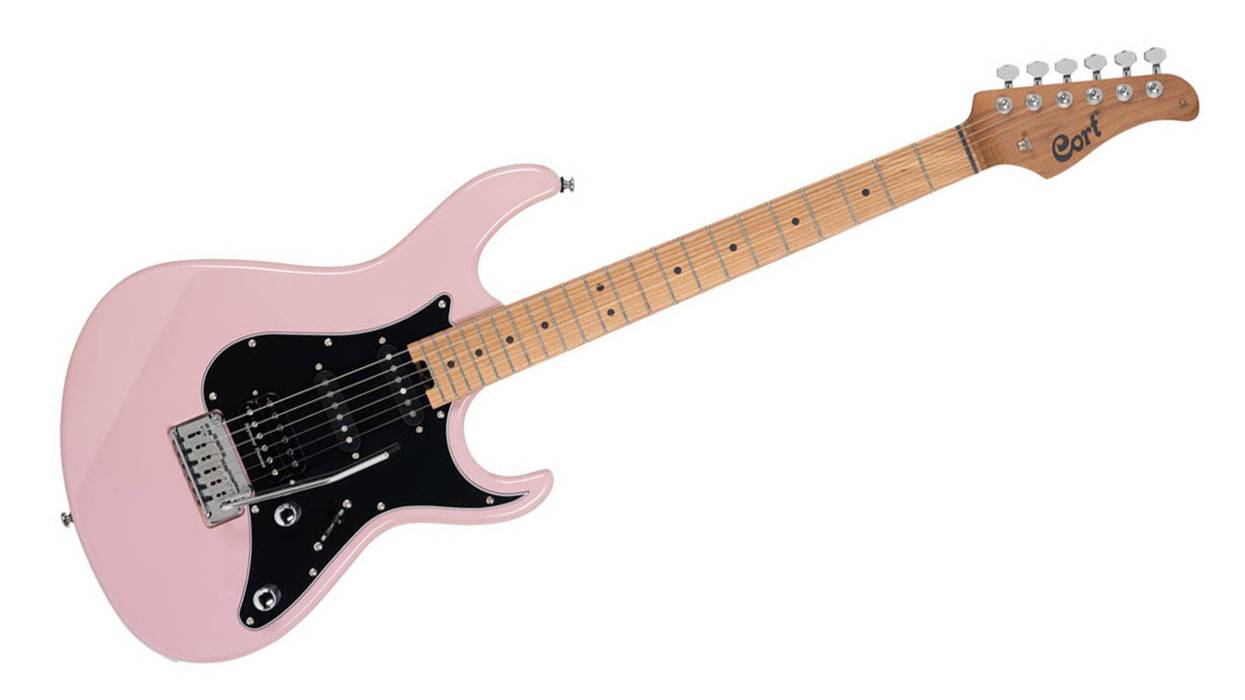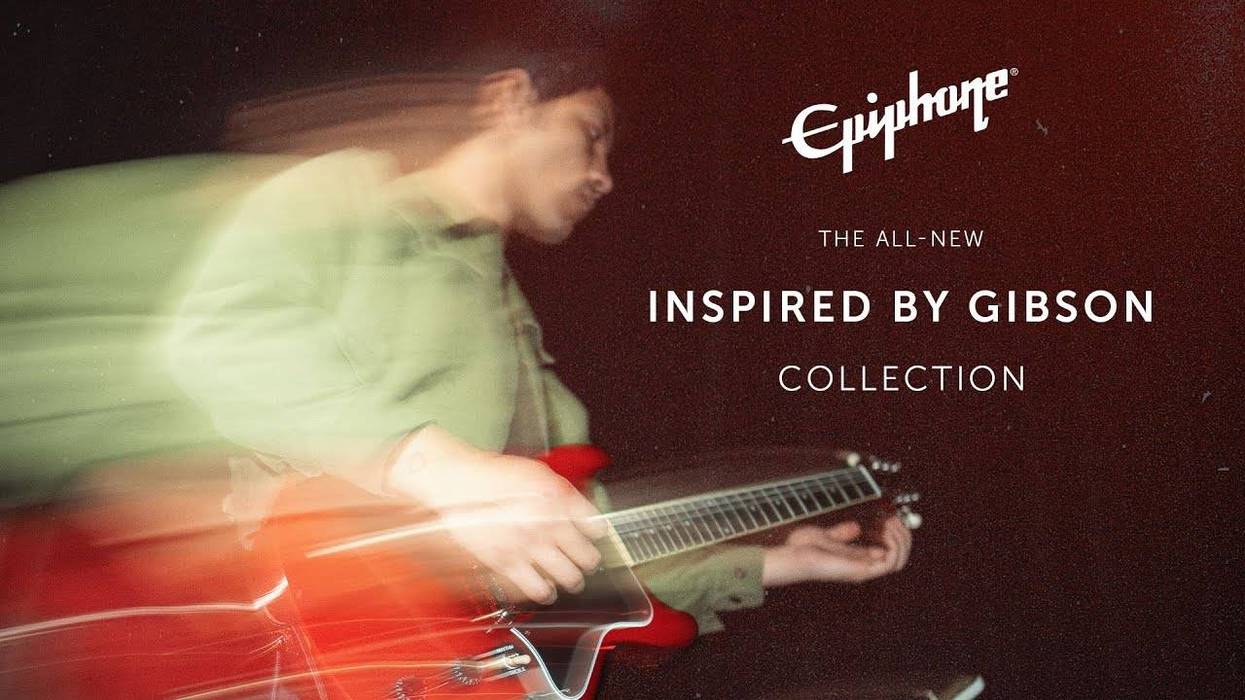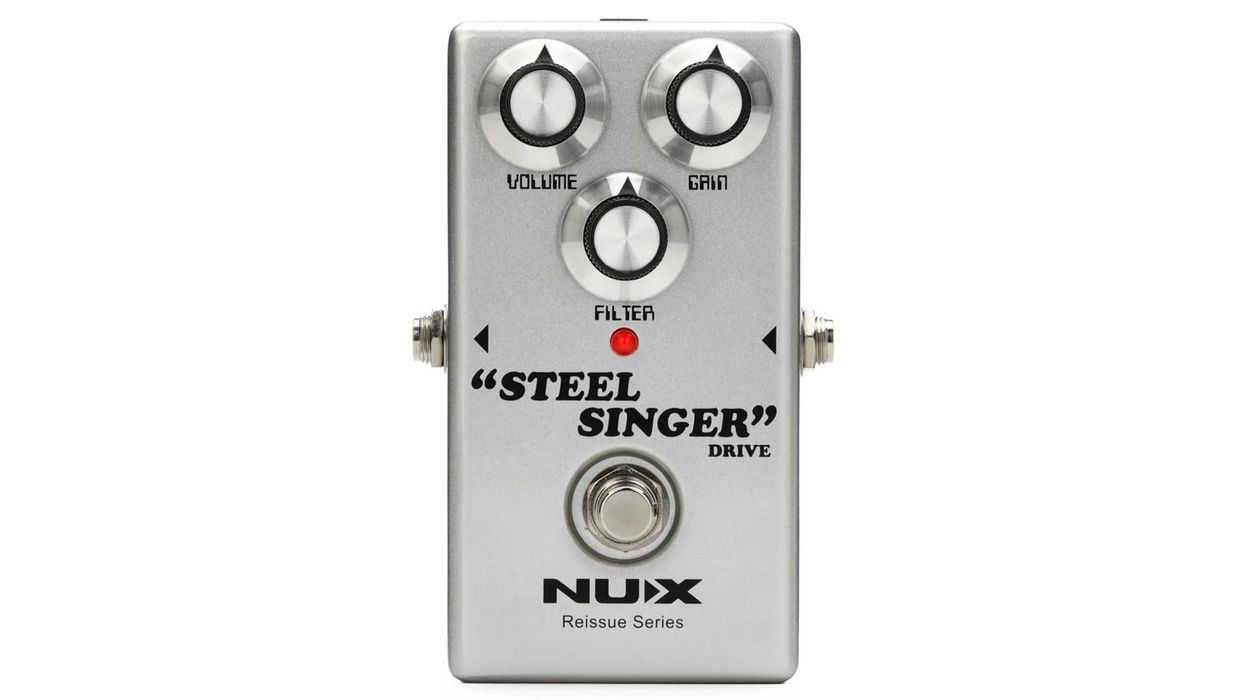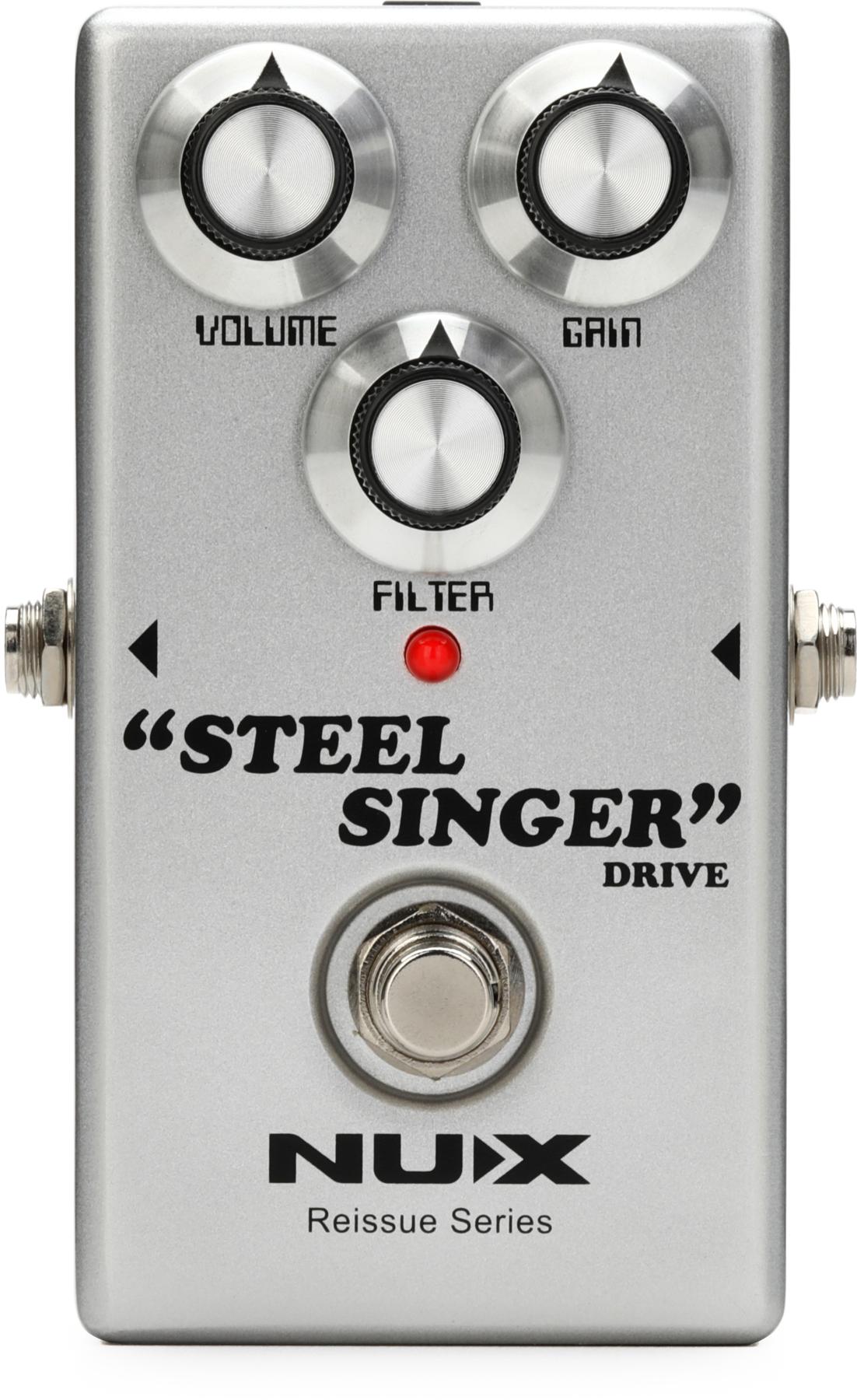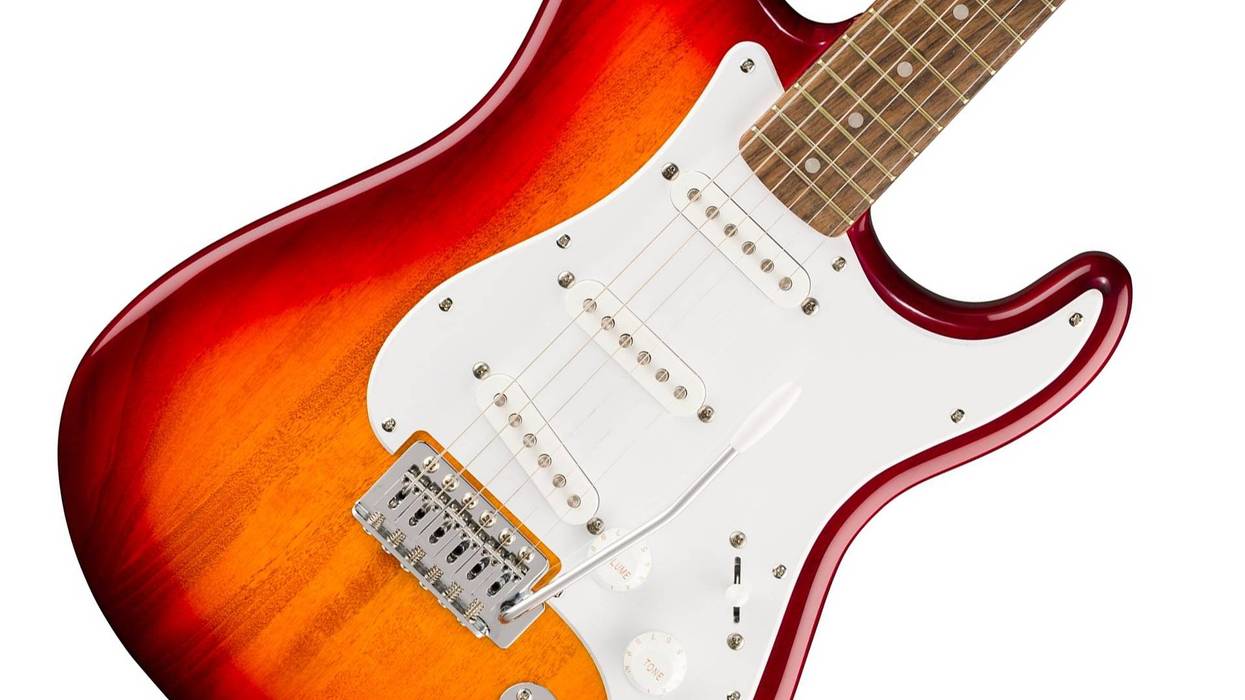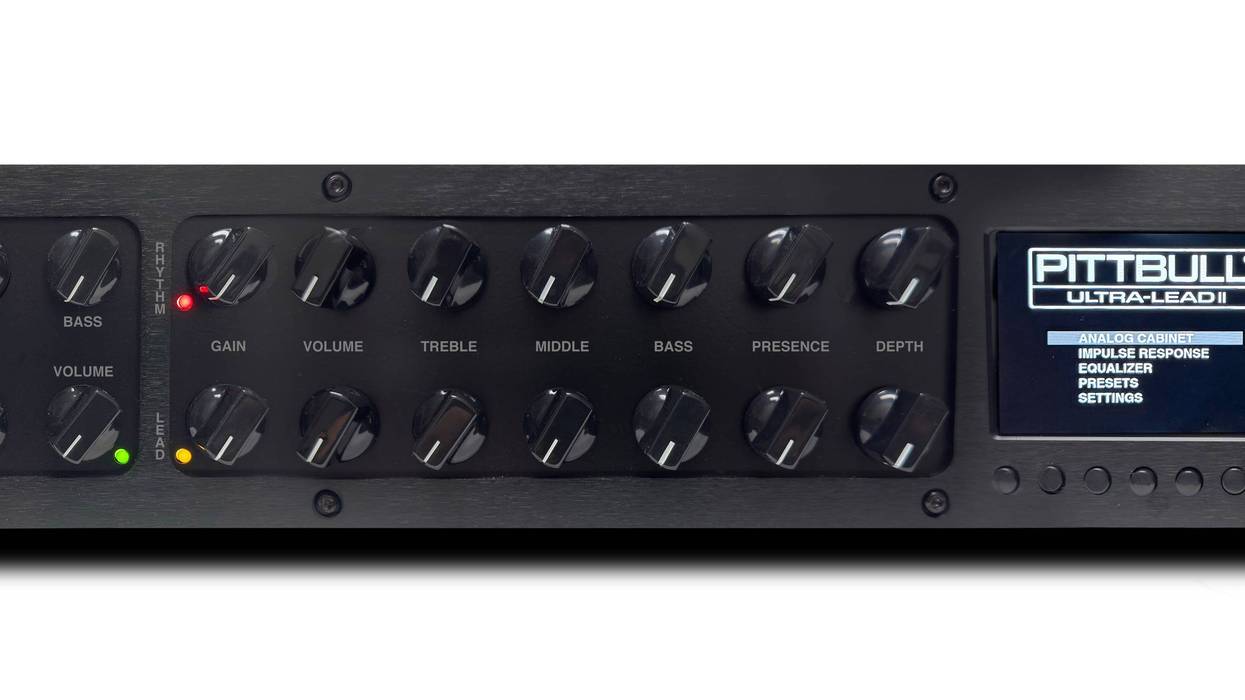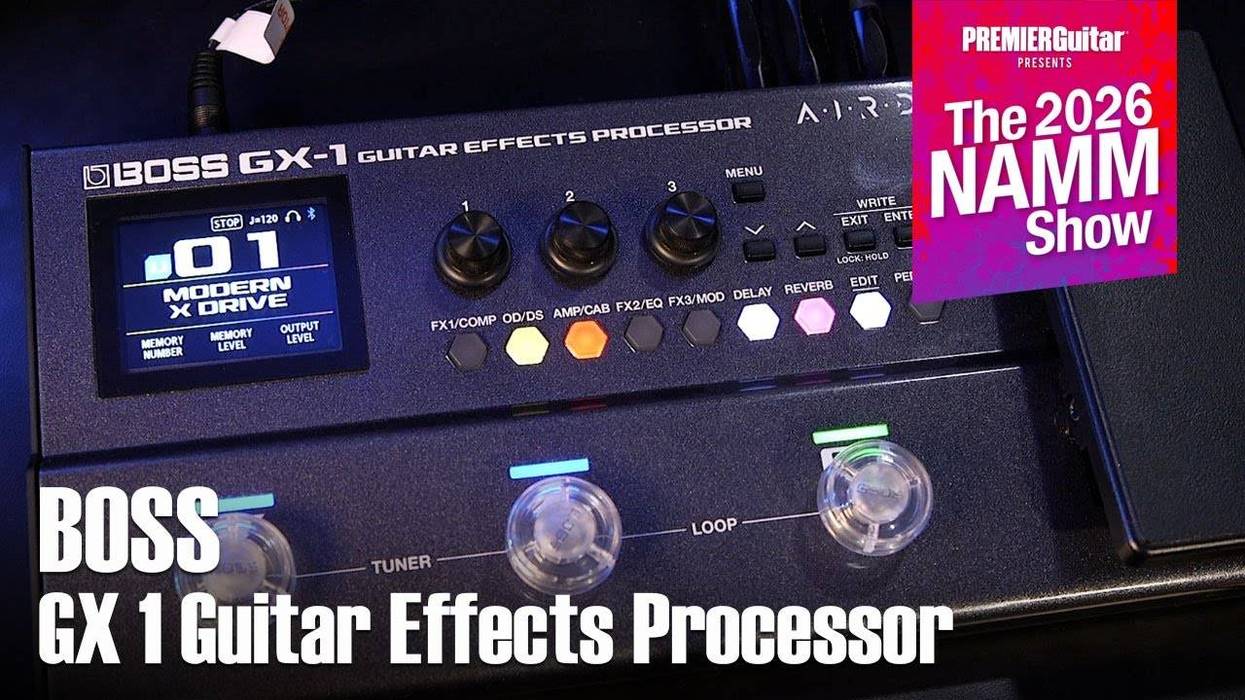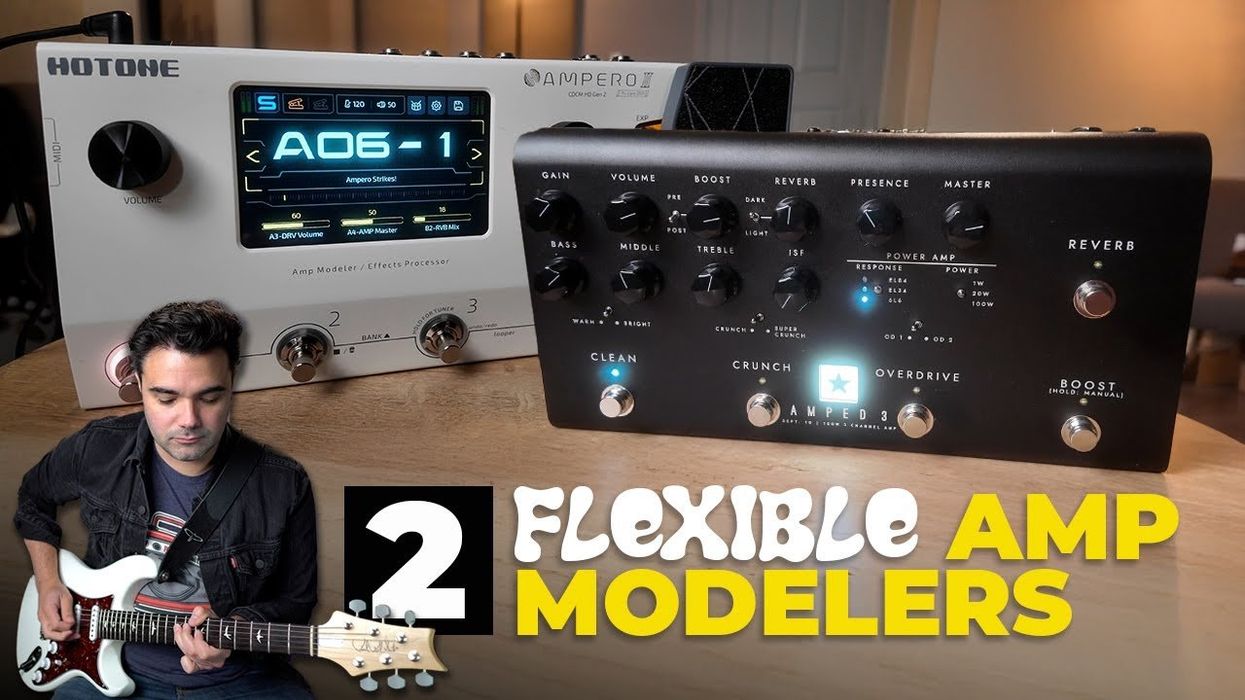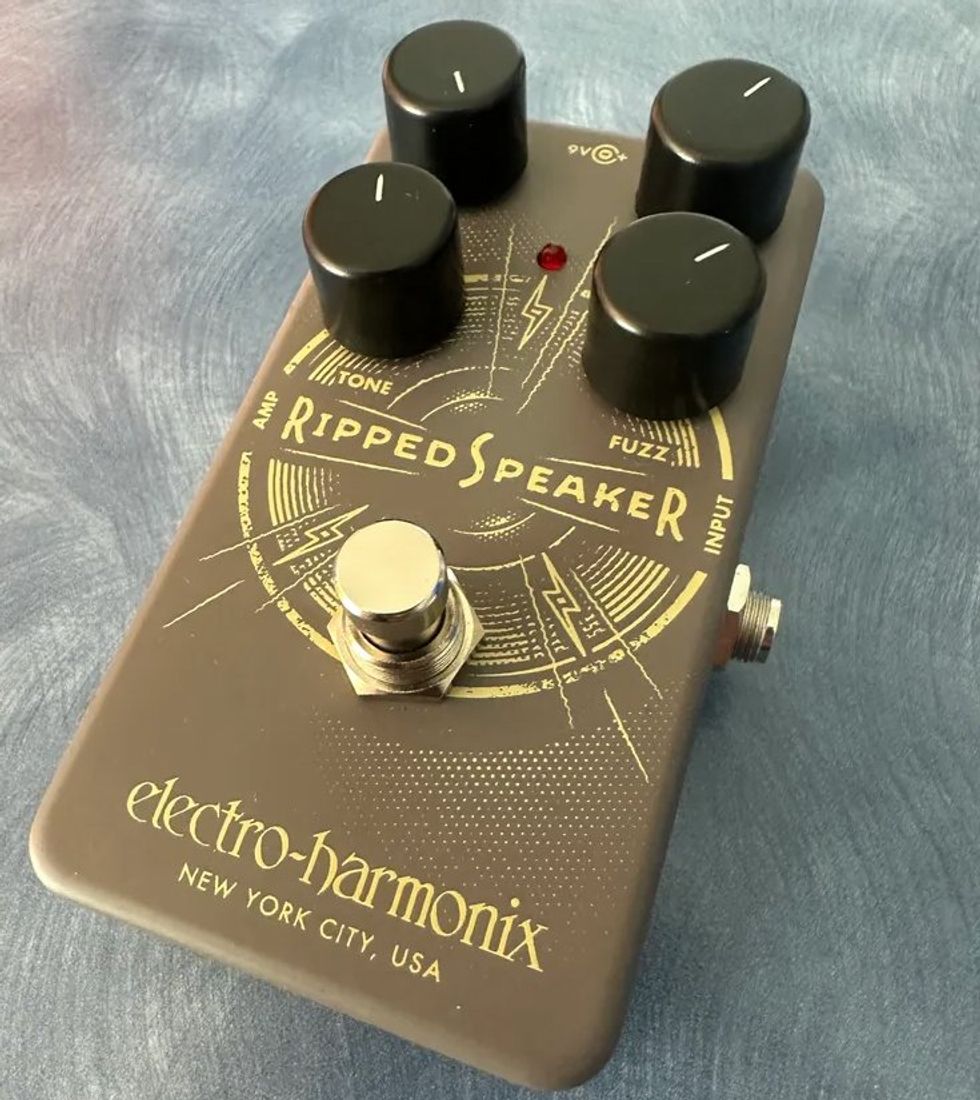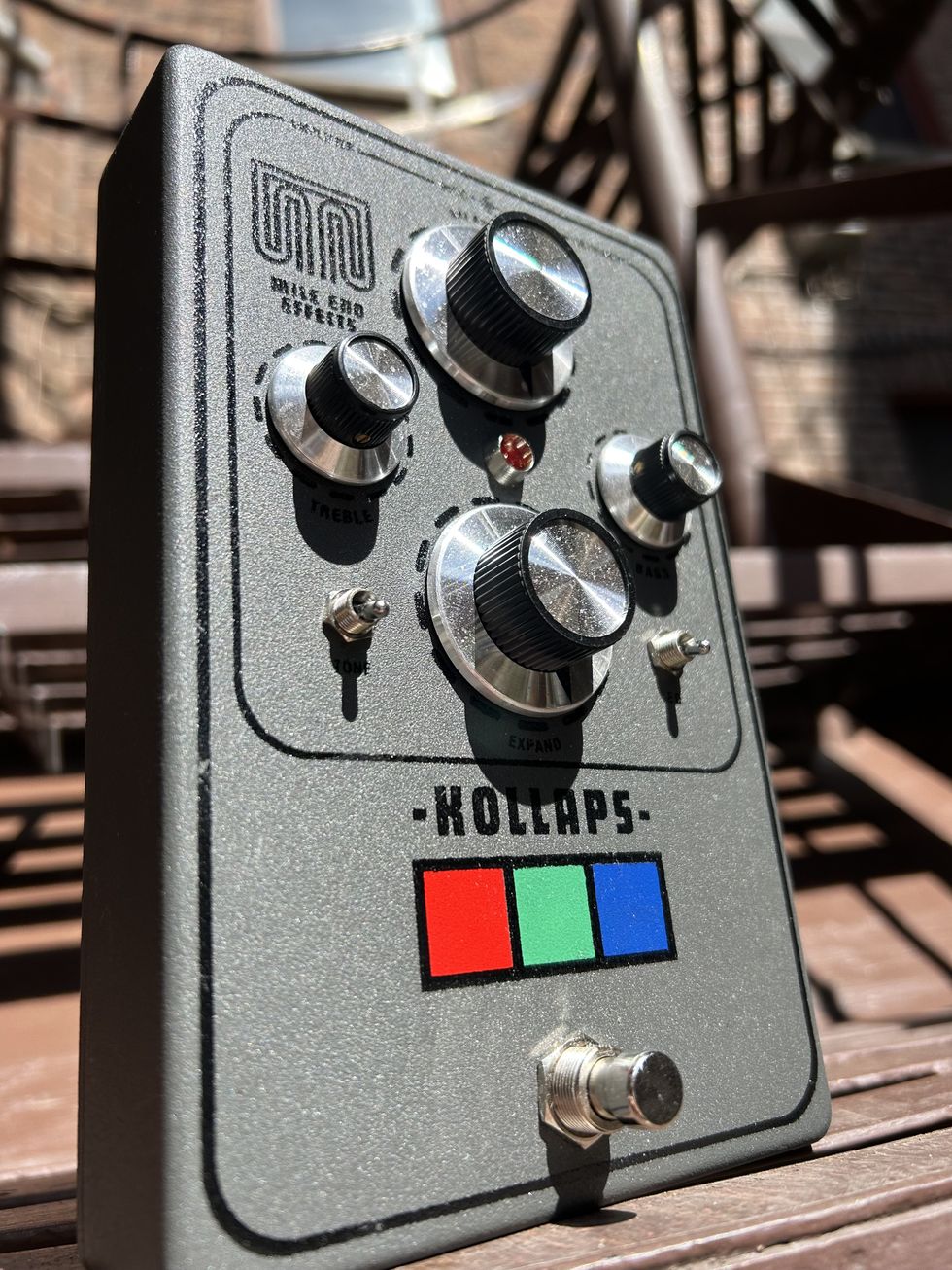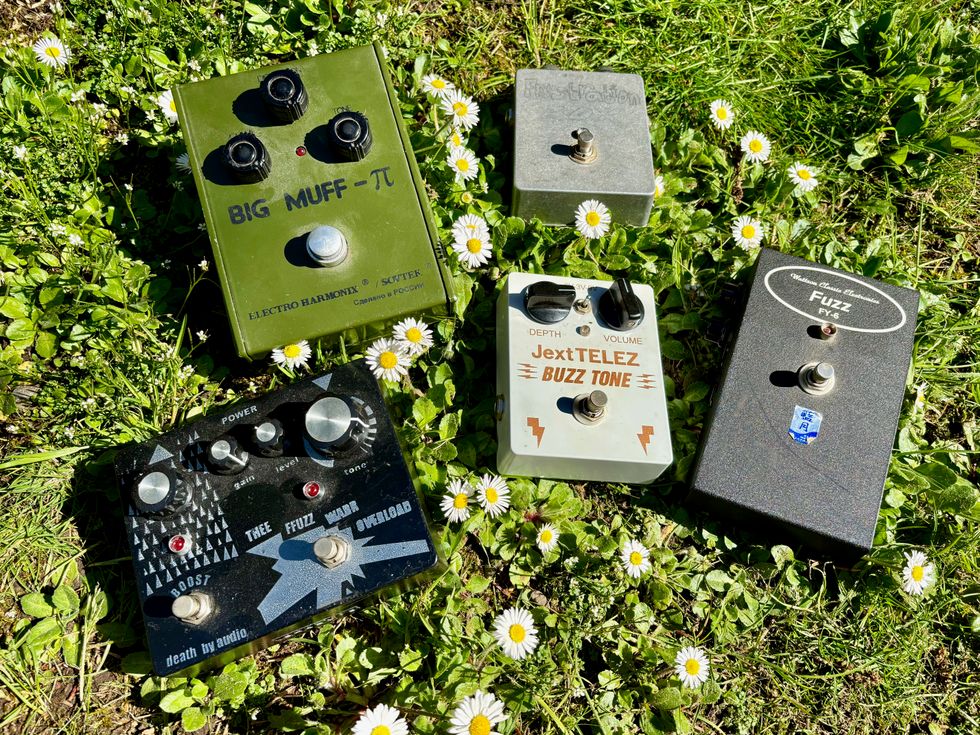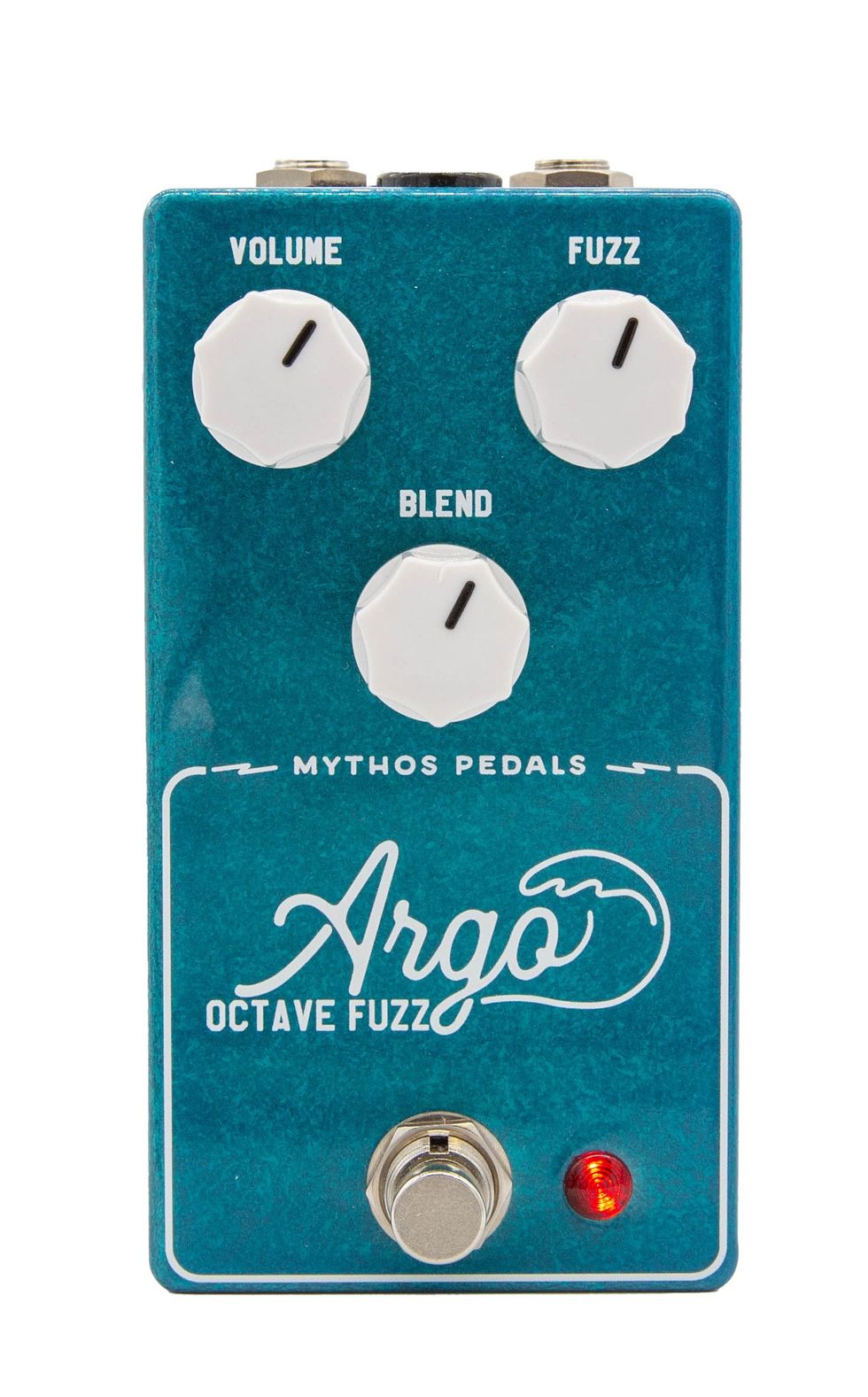Los Angeles, CA (May 5, 2017) -- Pinter Instruments has introduced the newest model in it’s SB-1 series of solid body electric guitars, designed from the ground up to optimize the performance of flatwound jazz strings.
Treating the type of string as a central part of the design, instead of just an add-on, the Jazz Jr. features a unique set of pickups developed and hand wound specifically for this guitar model by Joshua Spataro of Righteous Sound Pickups. These pickups are a low output style with special “treble compensation” in the construction of the neck pickup to reduce or eliminate the volume and tone change going from the wound to the plain strings in a typical flatwound string set.
The guitar shares the features of the other models in the SB-1 line, including an ergonomically derived body shape unique to Pinter Instruments, and a neck joint design featuring a custom fabricated 1/8” steel neck plate recessed into the body.
Features:
- Alder solid body featuring unique ergonomically derived shape
- Maple neck with pau ferro fretboard, in a 24.75” scale length
- Medium nickel frets (22 fret) and genuine bone nut
- 10”–16” compound radius fretboard
- Proprietary Righteous Sound pickups, humbucker bridge and single coil neck
- Hipshot fixed bridge
- Hipshot locking tuners
- Schaller straplocks installed, with monogrammed Original Fuzz guitar strap included
- Comes set up with Optima Jazz Swing pure nickel flatwound strings in .010–.049 gauge
- Weight approx. 7 lbs.
- Delivered in a custom fit Protec Contego hybrid case
With the exception of wood sourcing and CNC shaping of bodies and necks in Portland, Oregon, Pinter Instruments are completely manufactured in Southern California by workers highly skilled in the guitar business. Suggested retail price is $2,500.
Watch the company's video demo:
For more information:
Pinter Instruments



